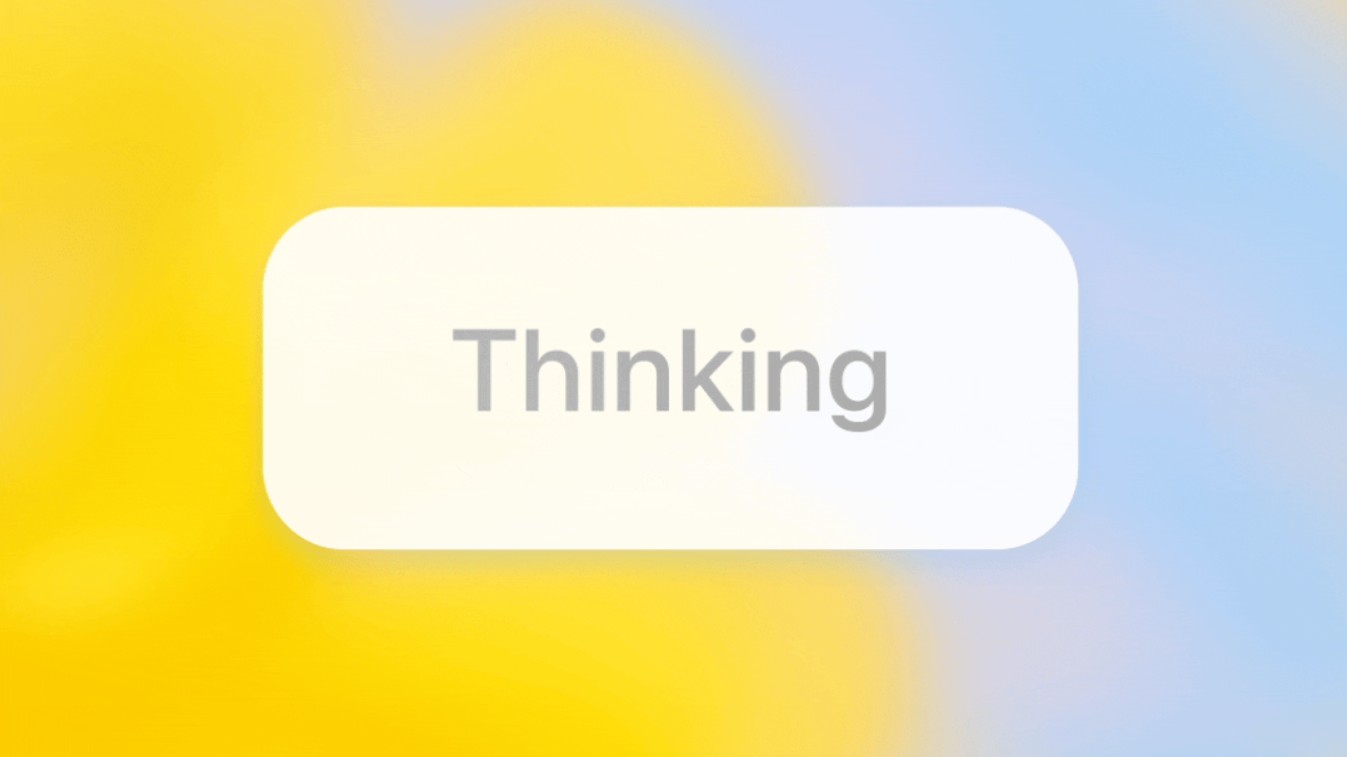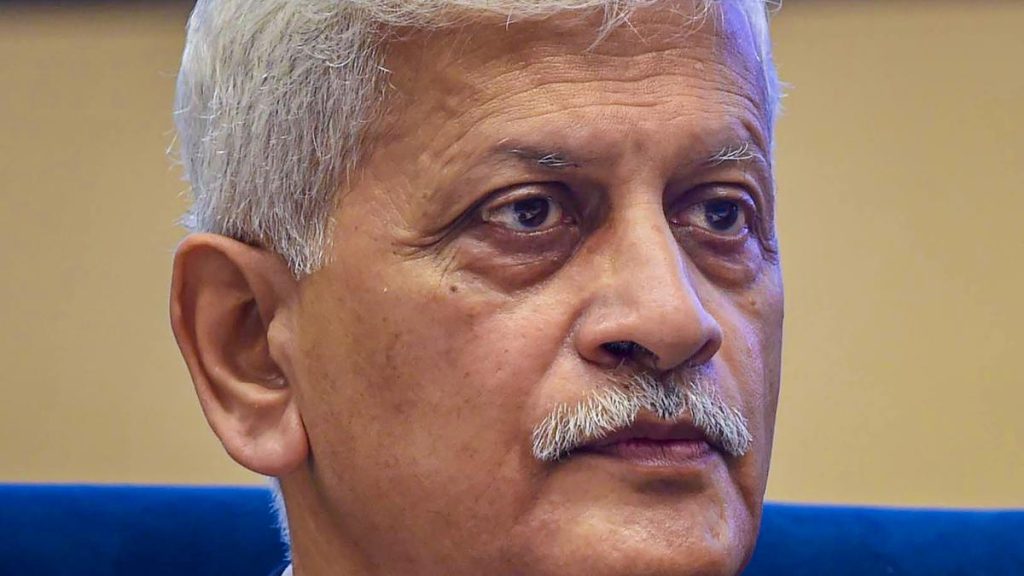Now Reading: Why ChatGPT is Being Taught About Bioweapons Risks
-
01
Why ChatGPT is Being Taught About Bioweapons Risks
Why ChatGPT is Being Taught About Bioweapons Risks

Swift Summary
- OpenAI and Bioweapons Concerns: OpenAI revealed that future advanced AI models could theoretically assist in creating bioweapons or novel biothreats-a potential danger it aims to mitigate.
- Preventative Measures: The company is working on building guardrails into ChatGPT to stop it’s misuse for harmful purposes, such as developing bioweapons. Strategies include refusal of risky prompts, detection systems for risky bio-related activity, and manual reviews of flagged interactions.
- positive Potential in Biology: Enhanced AI understanding in biology can accelerate drug finding, design better vaccines, innovate treatments for rare diseases, and positively impact public health and environmental science.
- Collaboration with Experts: OpenAI is engaging with biosecurity experts, researchers on bioterrorism prevention policies, and employing ‘red teamers’ (experts testing security) to ensure safety measures are robust.
- Threshold Models Defined: Models reaching a “High capability threshold” pose meaningful risks by enabling novice actors to create biological threats. OpenAI will delay deployment until risks are mitigated sufficiently.
- Upcoming Biodefense Summit: OpenAI plans to host a biodefense summit in July 2023 for collaboration between government researchers and NGOs focused on biodefense innovation.
Indian Opinion Analysis
The acknowledgment by OpenAI of potential misuse of its frontier AI models underscores the delicate balance between scientific progress and safeguarding against malicious applications.For India-a country actively exploring AI’s role in healthcare-it presents both opportunities and challenges.
The technology’s promise lies in accelerating research related to medicine development or vaccine innovation-a domain that could complement India’s strides toward becoming a global hub for biotech advancements. Though, heightened security concerns demand vigilance from policymakers regarding ethical usage guidelines around imported or locally developed AI technologies.
OpenAI’s collaborative approach-engaging experts across fields-provides a roadmap that India may consider adapting as it integrates generative AI into vital health-focused innovations while curbing its exploitation by bad actors through strict enforcement mechanisms.
Given India’s active stance on data regulations under frameworks like DPDP Bill 2023 (Digital Personal Data Protection), ensuring alignment with international safety protocols when deploying generative AIs at scale remains imperative.
Managing this dual-use dilemma effectively may determine how safely nations like India navigate their growing dependence on transformative technologies like ChatGPT while protecting biosecurity interests globally.

























